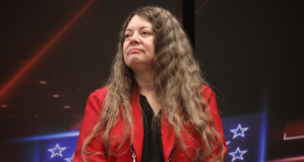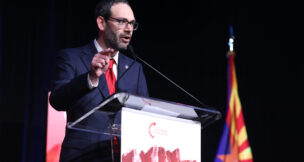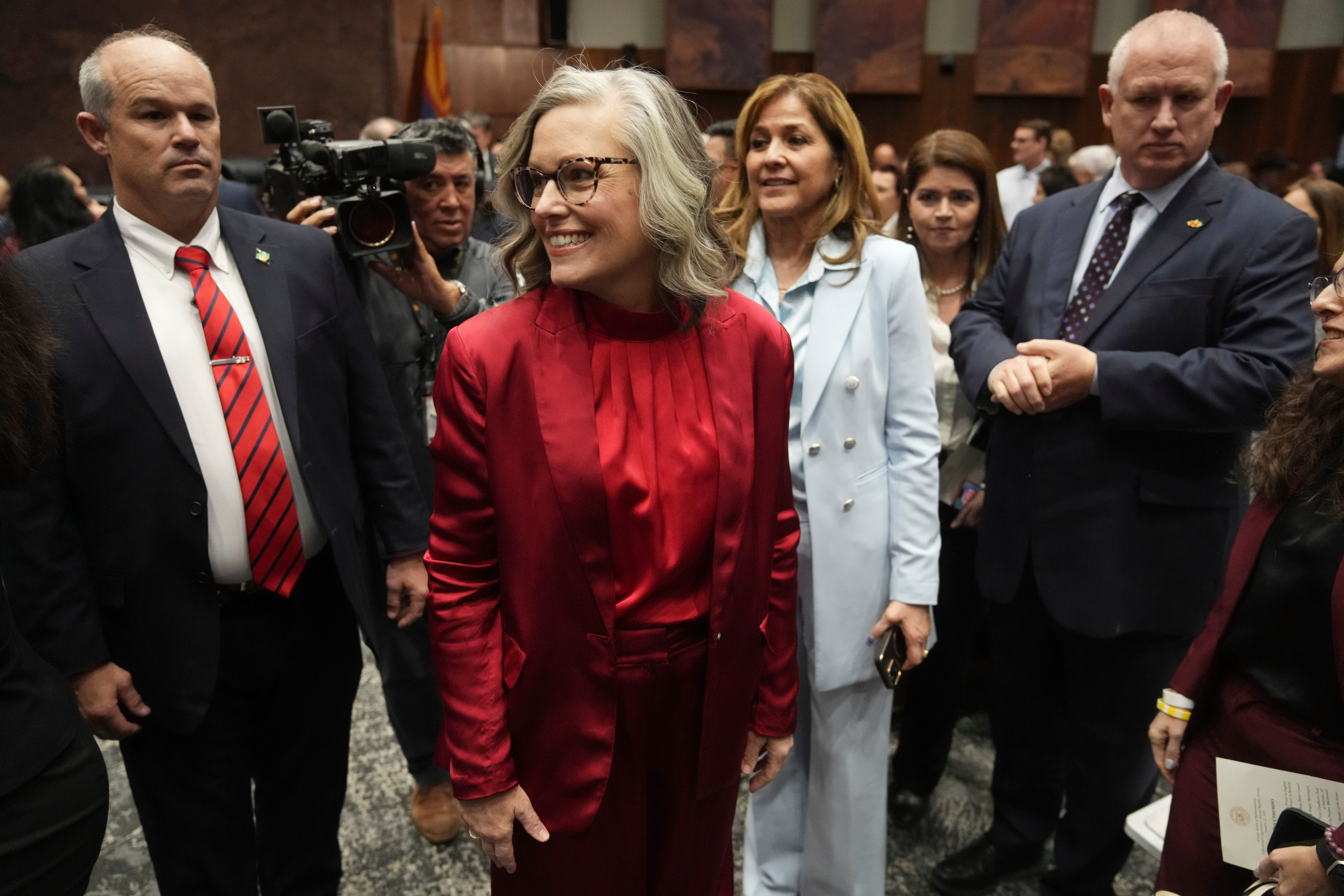Arizona considers one-year law school program for criminal defense
Howard Fischer, Capitol Media Services//September 2, 2025//
Arizona considers one-year law school program for criminal defense
Howard Fischer, Capitol Media Services//September 2, 2025//
Key Points:
-
Arizona may become the only state with a one-year law school for criminal lawyers
-
Proposal would convert law school programs to a one-year Master’s of Legal Studies course
-
Critics argue the proposal lowers standards for criminal justice professionals statewide
Arizona could soon become the only state in the nation where the person representing you in court on a criminal charge, from traffic infractions right up to homicide, might have just one year of law school.
A proposal being advanced by the top administrator of the Arizona Supreme Court would convert programs at the state’s two law schools to provide advanced legal knowledge to graduate students over a one-year course that, in the end, would allow them to take on clients.
It wouldn’t be quite that simple, said Dave Byers, director of the administrative office of the courts.
Students would need to take a prescribed list of courses specifically related to criminal law, graduate with a B grade or better and pass the appropriate license exams. For their efforts, they would be granted a Master’s of Legal Studies.
They would first have to work under the supervision of an actual licensed attorney for a period — the most recent proposal suggests nine months — before they could practice on their own.
Byers told Capitol Media Services that, despite what appears to be a glut of lawyers based on billboards and TV commercials for those injured in accidents and accused of drunk driving, the fact is that Arizona is a “legal desert,” with the state having fewer lawyers per capita than almost anywhere else in the country.
What this training is geared to, he said, is training people to work in understaffed offices of county attorneys and public defenders, particularly in rural areas, where those who have an actual law degree are less likely to practice.
Byers acknowledged, though, that once that period of supervision is over, the holders of the special MLS designation would be free to take on clients in criminal cases anywhere they want. And they’d be able to handle everything short of a crime where the death penalty could be imposed.
That possibility has alarmed Dean Brault, director of public defense services for Pima County.
“Creating a system where any criminal practitioner, be it a prosecutor or public defender, can graduate from undergrad and be practicing in two semesters is reducing that bar, and is literally lowering the bar to say that when a person’s life or liberty is at stake, up to and including the rest of their lives, that suddenly we only require one year worth of schooling,” he said. “That is absurd.”
That sentiment is shared on the prosecution side of the equation. Pima County Attorney Laura Conover said what’s being proposed makes the criminal justice system “some kind of lesser cousin to the rest of the law.”
Consider, she said, if her grandmother needs legal help writing up a will.
“She’d better sit down with a fully trained, three-year State Bar attorney because money is on the line,” Conover said.
“But if my cousin is facing 25 (years) to natural life, then a quite young, lesser trained, lesser educated, under-examined attorney will do just fine,” she said. “And that double standard is not something that the criminal justice system should be subjected to.”
Byers, for his part, said that assumes that someone with an MLS degree would have less academic training than someone with a JD.
In fact, he argued, the reverse might be true.
While it takes three years to complete law school, that includes taking a range of classes unrelated to criminal law.
Generally speaking, those “core” classes include rules of civil procedure, constitutional law, contracts, property and torts, the last being civil cases where someone sues someone else for an injury. There’s also a course in criminal law.
But Byers said that students have much more flexibility in their second and third years picking and choosing electives. That can lead to specialties such as environmental, family, or immigration law.
By contrast, he said, everything offered in the MLS program deals with criminal law and practice.
“So this proposal has an in-depth requirement of all of the courses you want a lawyer to have to practice criminal law,” Byers said. “So, academically, these people will graduate with more academic training than the typical JD.”














































